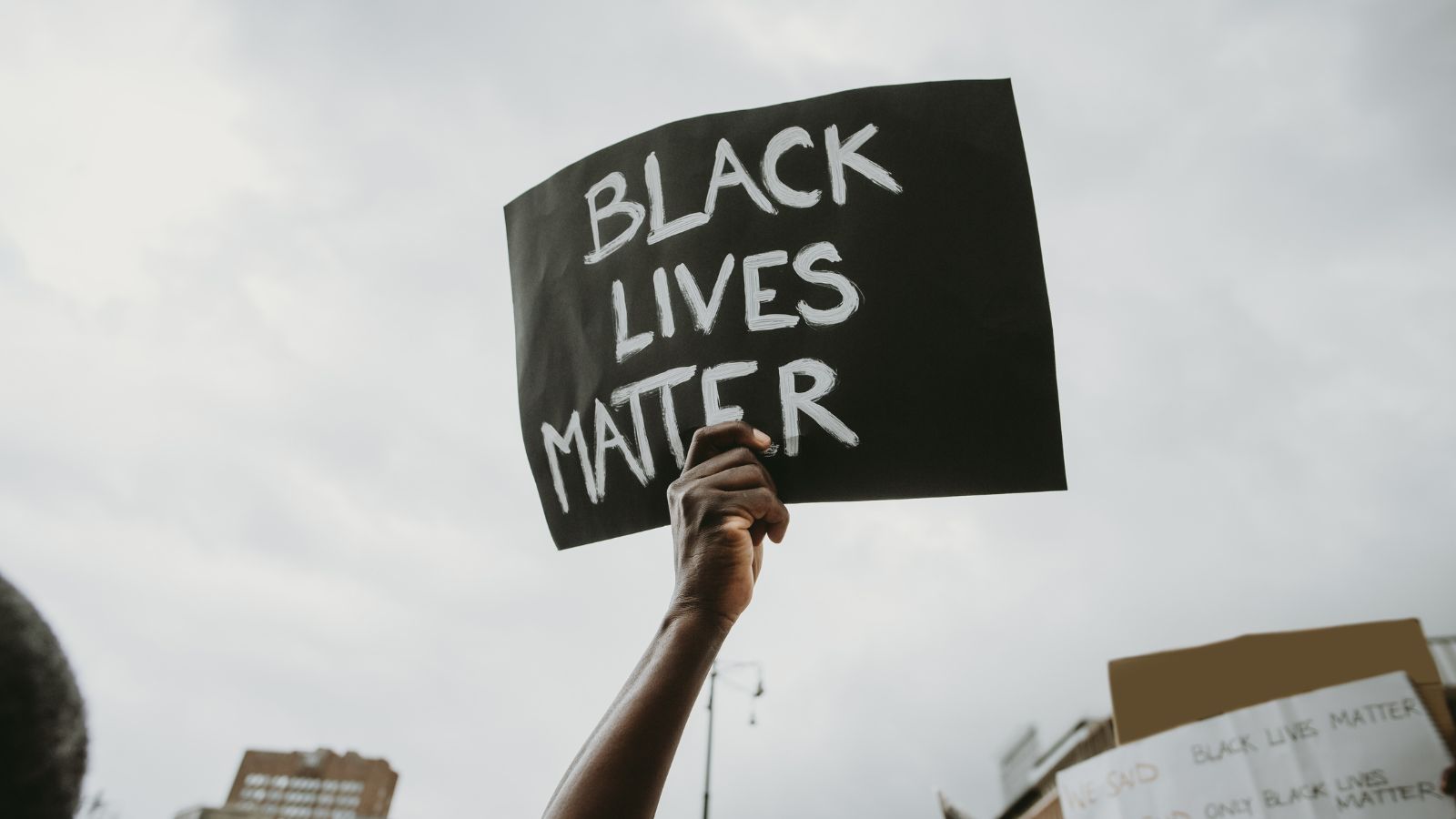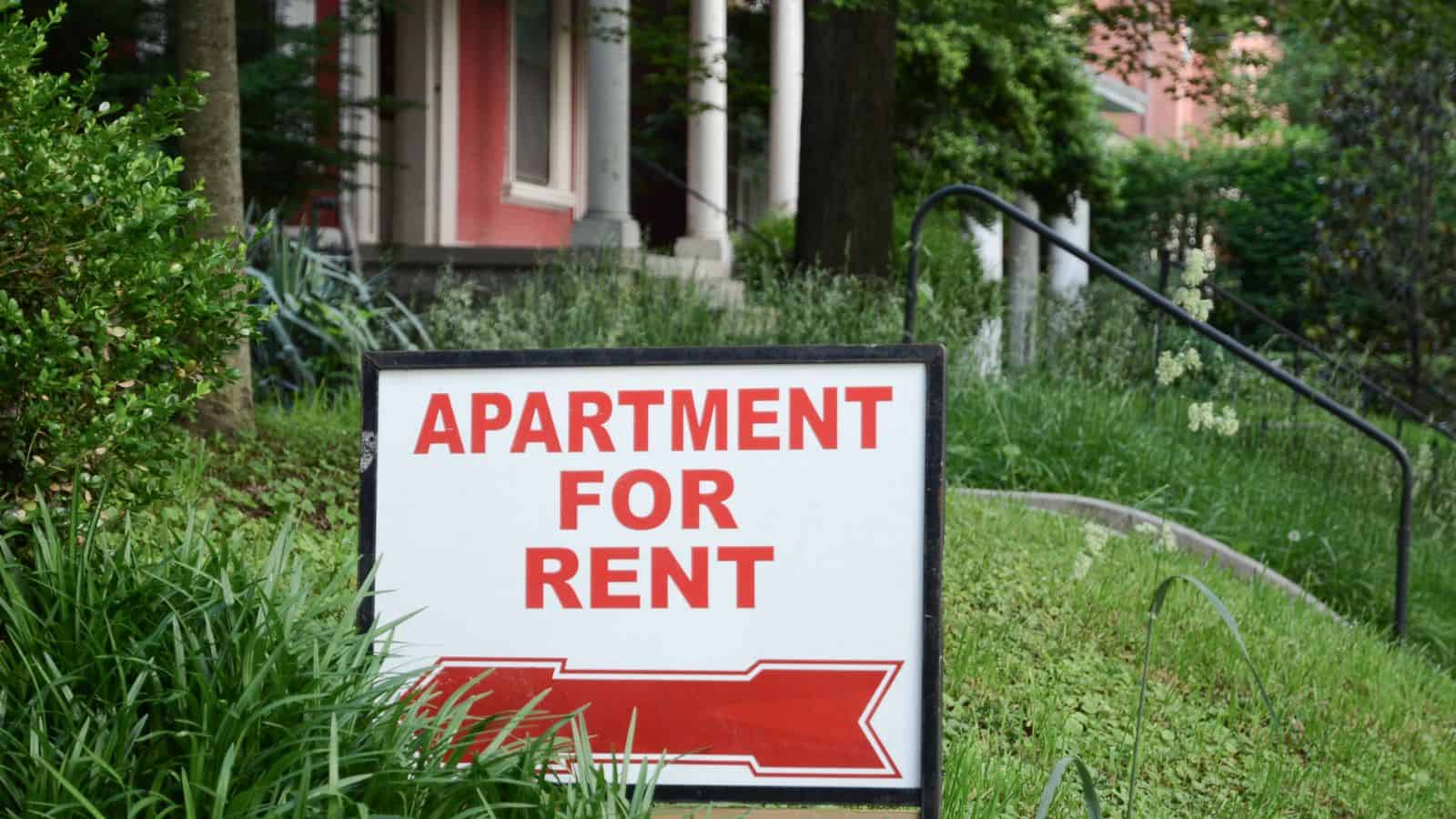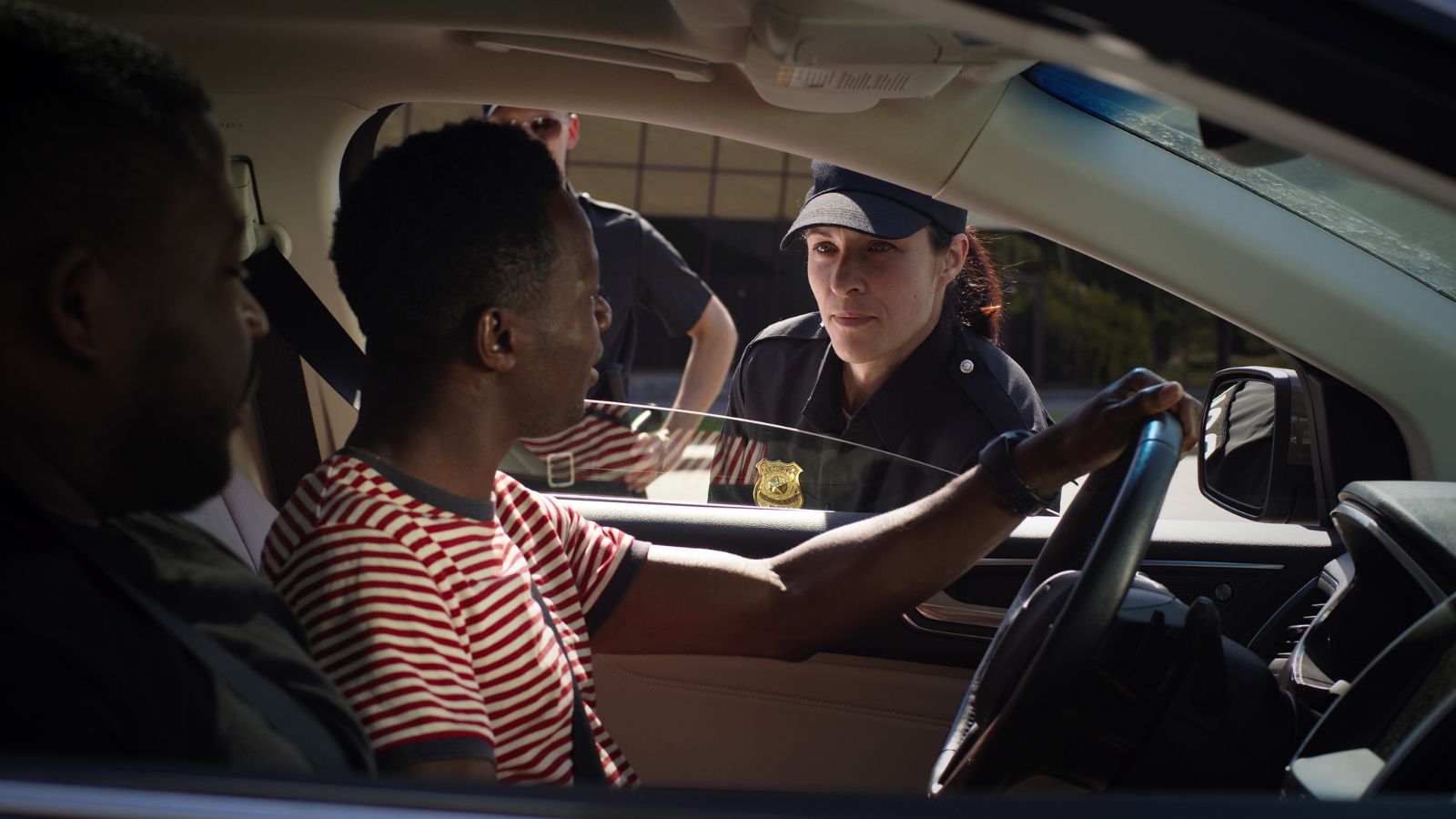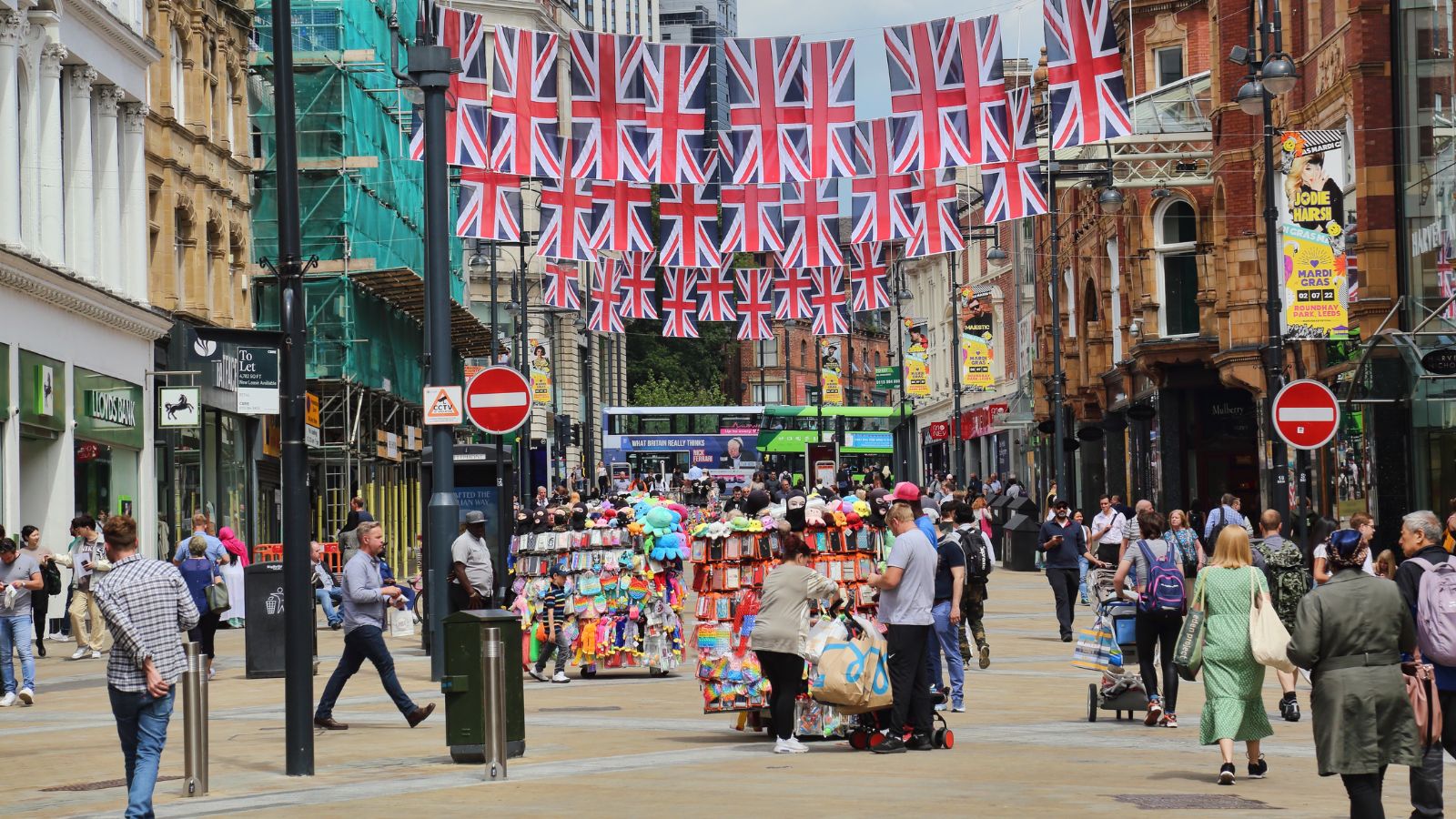In recent years, many people have hoped that the UK has moved beyond its troubled history with racism. But, despite progress in some areas, racism remains a significant issue that affects many aspects of life in Britain today. Let’s explore 19 of the most telling indicators.
Racial Disparities in Policing

One of the clearest signs that racism is still prevalent in the UK is the racial disparity in policing, as “Black people are almost nine times more likely to be stopped,” according to the NPCC. This issue isn’t just about statistics—it’s about the lived experiences of those who feel targeted based on the colour of their skin.
Employment Discrimination

Discrimination in the workplace is another glaring indicator. Studies have shown that people from ethnic minority backgrounds face higher unemployment rates and are often paid less than their white colleagues for the same work. Even when qualifications and experience are equal, job applicants with non-white names are less likely to be called for interviews.
Underrepresentation in Leadership

The lack of diversity is striking when you look at the leadership of major companies, public institutions, and even government bodies. Ethnic minorities are underrepresented in senior positions across many sectors in the UK. This lack of representation highlights the barriers to advancement faced by people of colour.
Racial Inequalities in Education

Racism also manifests in the UK’s education system, with students from ethnic minority backgrounds often facing discrimination and lower expectations from teachers, which can affect their academic performance and future opportunities. Additionally, the curriculum in many schools fails to adequately represent the histories of non-white communities.
Hate Crimes on the Rise

The increase in hate crimes, particularly those motivated by race, is a disturbing trend that shows racism is far from eradicated in the United Kingdom. These crimes range from verbal abuse and harassment to physical violence, often leaving lasting trauma for the victims.
Health Disparities Among Ethnic Groups

Racial inequality in healthcare is another significant concern. Ethnic minority groups in the UK are more likely to suffer from certain health conditions and receive poorer care compared to white patients. The COVID-19 pandemic highlighted these disparities, as people from Black, Asian, and minority ethnic backgrounds experienced higher infection rates.
Bias in the Media

The way the media portrays ethnic minorities can perpetuate stereotypes and contribute to racial prejudice. Media in the United Kingdom has often been criticised for biased reporting, particularly when it comes to crime or immigration. Negative portrayals of people from ethnic minority backgrounds can influence public opinion and reinforce harmful stereotypes.
Lack of Representation in the Arts and Entertainment

Ethnic minorities are also underrepresented in the arts and entertainment industries in the UK. Whether it’s film, television, or theatre, the stories and perspectives of non-white communities are often sidelined. This lack of representation not only limits opportunities for ethnic minority creatives but also deprives audiences of diverse experiences.
Housing Discrimination

Racism in housing is another significant issue. People from ethnic minority backgrounds often face discrimination when trying to rent or buy homes, leading to segregation and unequal living conditions. This can result in ethnic minorities being concentrated in poorer neighbourhoods.
Racial Profiling in Everyday Life

Racial profiling isn’t just something that happens with the police—it can occur in many aspects of daily life. From being followed in shops to being questioned more thoroughly at airport security, people of colour often find themselves under suspicion simply because of their race.
Disparities in the Justice System

They’re also likely to be arrested, charged, and given harsher sentences than white people for similar offences. Ethnic minorities face a bias within the justice system that not only undermines the principle of equality before the law but also has devastating effects. These effects apply to the lives of those unjustly targeted, their families, and their communities.
The Persistence of Stereotypes

Despite growing awareness and education, racial stereotypes continue to persist in British society. These stereotypes often portray ethnic minorities in negative or reductive ways. Whether it’s assumptions about criminality, work ethic, or cultural values, these stereotypes contribute to the ongoing marginalisation.
Microaggressions in Everyday Interactions

Microaggressions are subtle, often unintentional, instances of prejudice that people of colour experience regularly. These can include comments or actions that, while not overtly racist, still perpetuate negative stereotypes or assumptions. Examples include questioning where someone is “really” from or making assumptions based on appearance.
The Impact of Brexit

The Brexit referendum brought to the surface many underlying tensions related to race and immigration. In the wake of the vote, there was a noticeable increase in racist incidents and hate crimes, as some individuals felt emboldened to express xenophobic views more openly.
Barriers to Mental Health Support

Ethnic minorities often face additional barriers when seeking mental health support, and stigma around mental health within some communities, coupled with a lack of culturally sensitive services, means that many people do not receive the care they need. On top of that, ethnic minorities are more likely to be misdiagnosed.
The Legacy of Colonialism

The UK’s colonial past continues to influence how race is perceived and experienced today. The legacy of colonialism is evident in the ongoing inequalities and power imbalances that affect ethnic minorities. This history also shapes attitudes towards immigration and multiculturalism, with some people clinging to outdated views of British identity.
Discrimination in Sports

Racism in sports is another area of concern, as, despite the diverse backgrounds of many athletes, racism still occurs both on and off the field. This includes racist chants in the stands and discrimination in team selection and promotion, and these incidents highlight the challenges that these athletes face.
Lack of Action on Institutional Racism

Despite numerous reports and investigations highlighting institutional racism in various sectors, meaningful change has been slow to materialise. Whether in policing, education, or healthcare, institutions often acknowledge the problem but fail to take significant action to address it.
The Role of Social Media

Lastly, social media has become a new battleground for racism in the UK. While these platforms offer a space for marginalised voices to be heard, they also provide a venue for racist abuse and hate speech. The anonymity of the internet can embolden individuals to express racist views they might not share in person.







